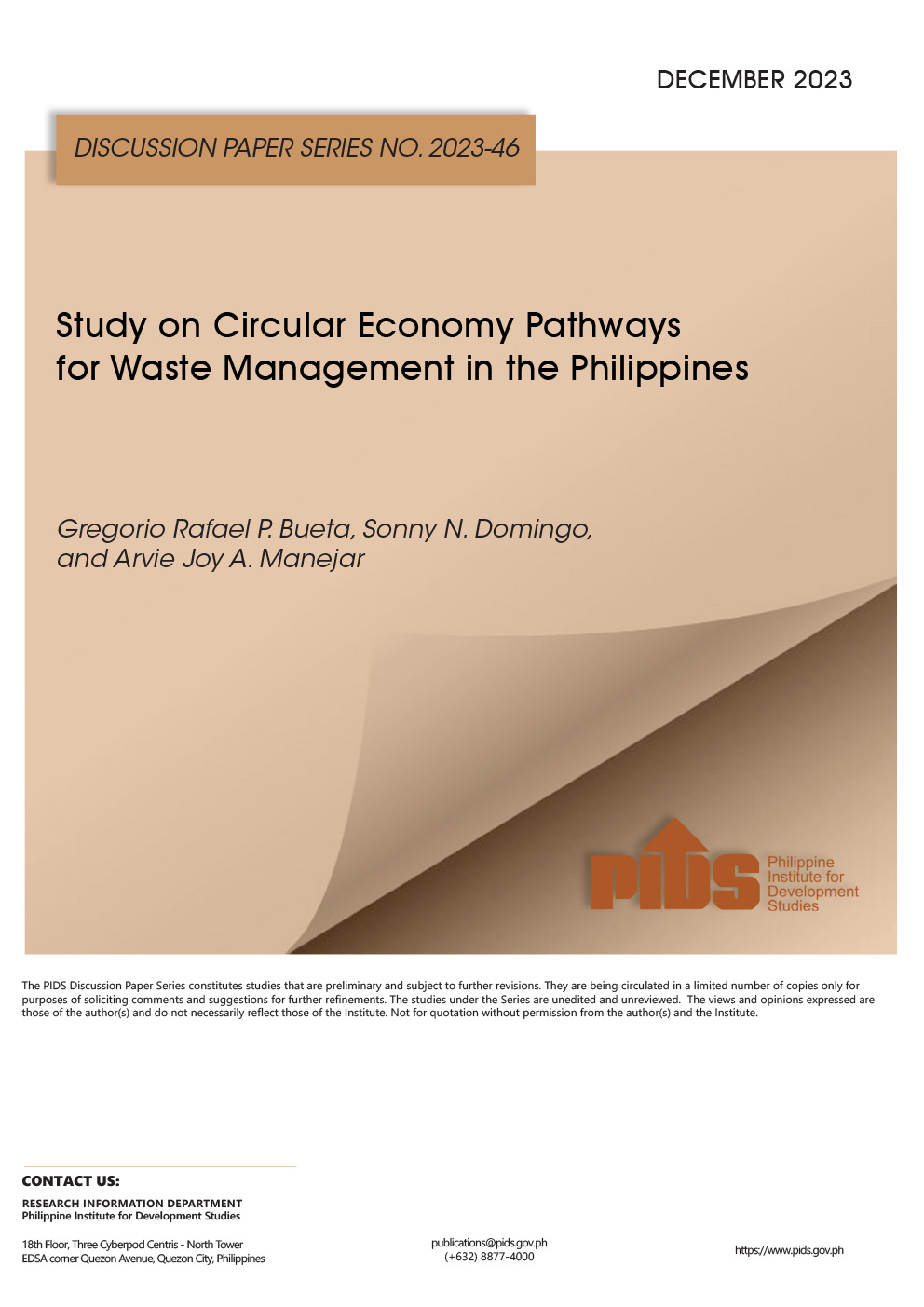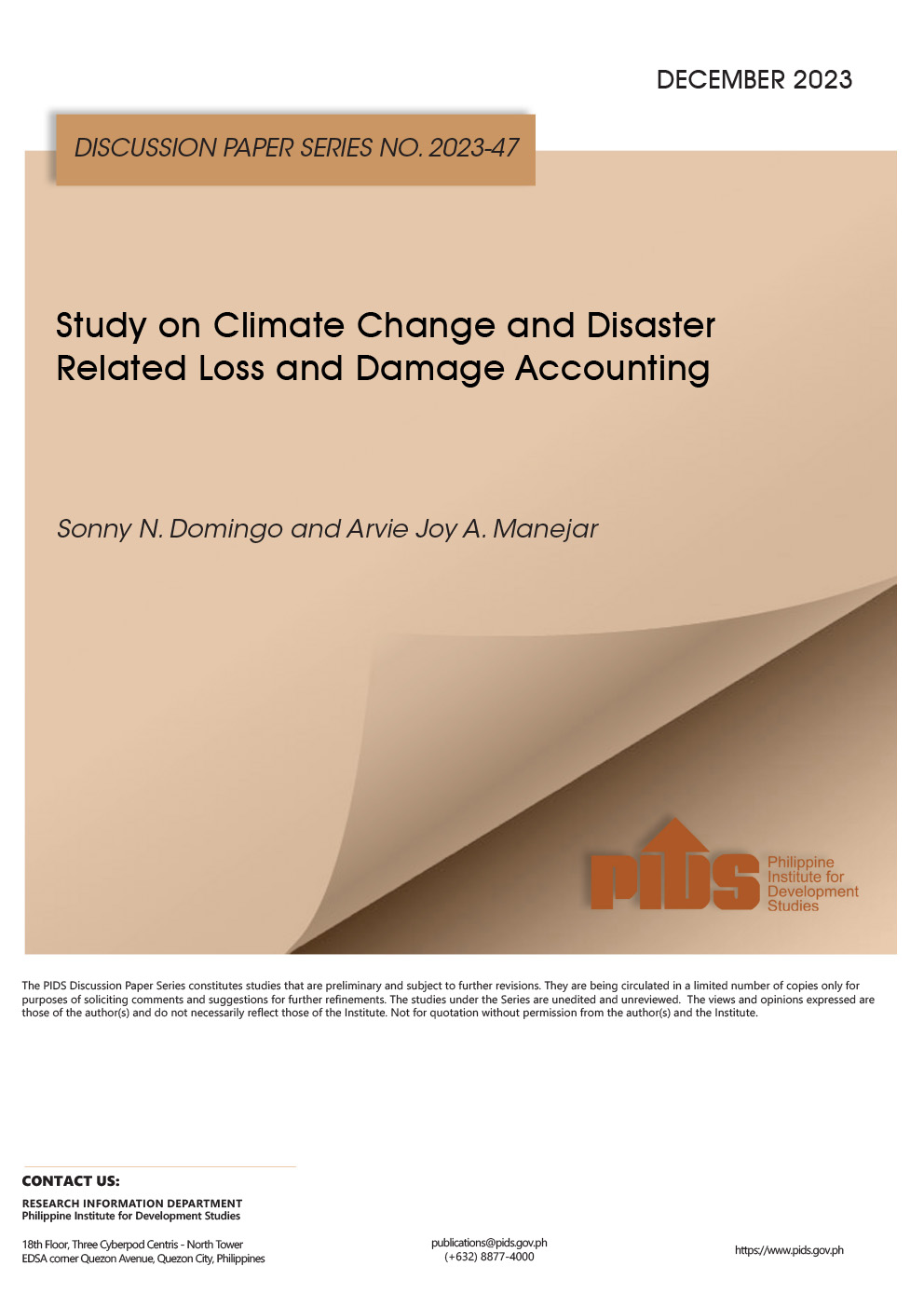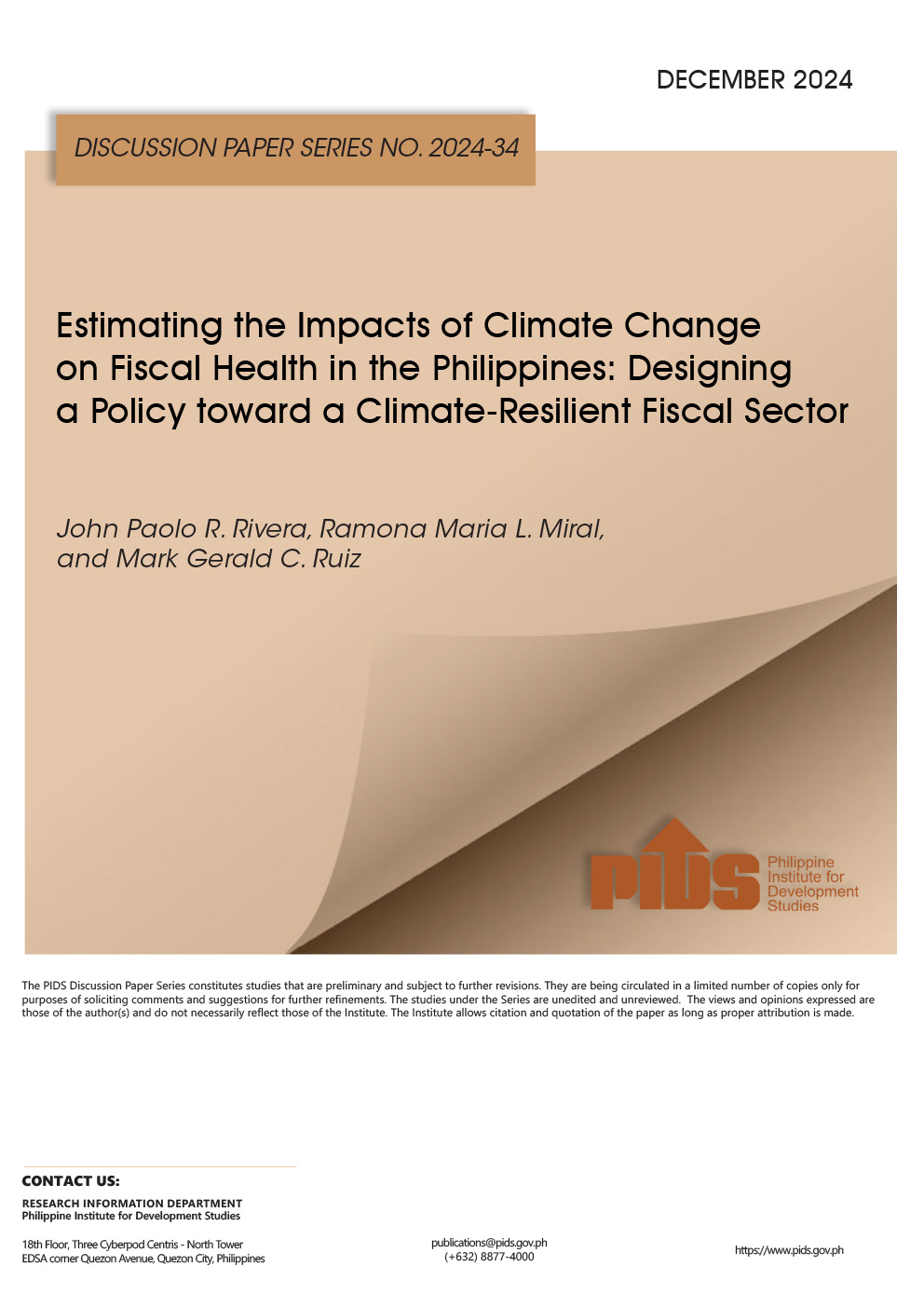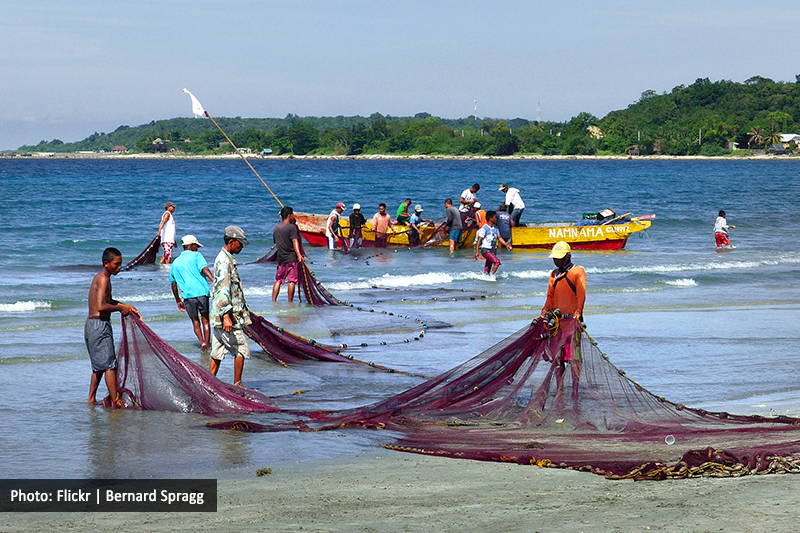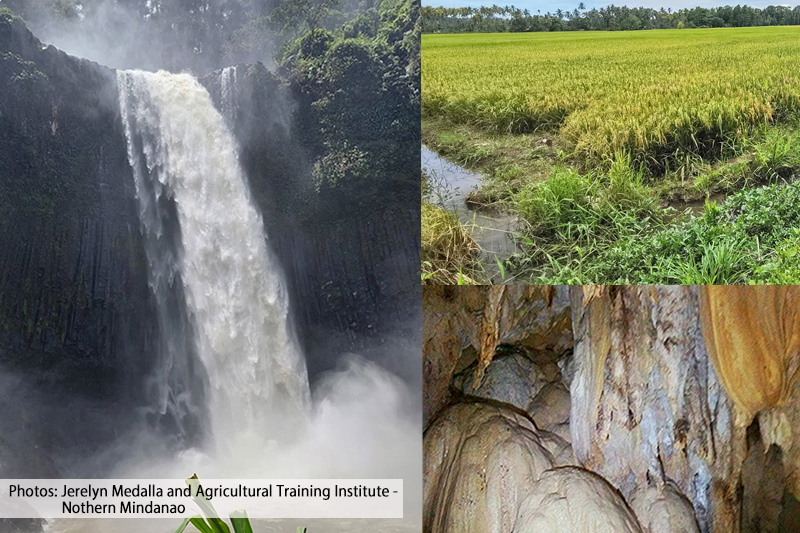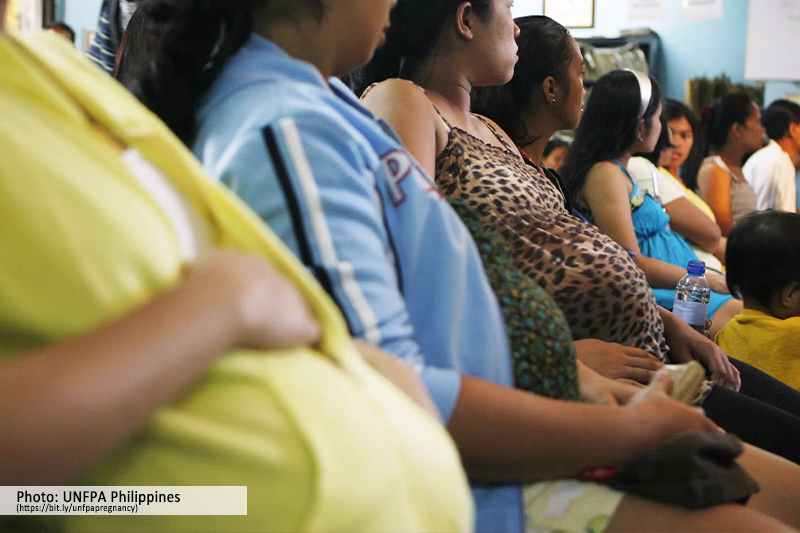THE Department of Environment and Natural Resources (DENR) is pioneering disaster risk reduction by rolling out a citizen science program. Spearheaded by DENR Secretary Maria Antonia Yulo-Loyzaga, this program aims to manage and protect the Philippines' vital mangrove cover as part of the BakaJuan project.
The agency reports a reduction of the Philippine mangrove forests from 450,000 hectares in 1918 to 303,373 in 2015.
Recognizing an urgency, DENR and the Philippine Space Agency (PhilSA) established the Nationwide Mangrove Mapping initiative, which utilizes the National Mangrove Map 2023 — a satellite derived map designed to detect and validate mangrove cover in the country.
Yulo-Loyzaga has emphasized the power of citizen science in the initiative, urging public participation in tracking and protecting mangroves. Individuals can use the ODK Collect app to verify the presence of mangroves in coastal barangays and send drone taken photographs to PhilSA.
Citizen scientists called "BakaJuan" volunteers are critical to the project's success. "Amid the climate emergency and destruction of mangroves, everyone has the ability to make a difference by tracking and protecting our natural resources," Yulo-Loyzaga said.
According to the DENR, validating the National Mangrove Map is critical for appropriately assessing the country's natural resources, which contribute to climate resilience and sustainable development.
The Philippines' coastlines thrive with a unique ecosystem: mangroves. The country has 35 kinds of these salt-tolerant trees, mostly located in Palawan and Sulu, according to state think tank Philippine Institute for Development Studies (PIDS). Mangroves are more than just coastal flora; they are the Philippines' natural protection against typhoons.
This archipelago is frequently battered by storms. In 2013 alone, Super Typhoon Yolanda killed over 6,000 people and cost $2 billion in damages. World Bank's WAVES Program report emphasized its importance of mangroves in reducing flood threats.
According to the report, mangroves provide communities with protection from the worst of storm surges and typhoons, with its trunks and canopies lessening the effects of waves and storm surges, reducing floods; its aerial roots stabilizing sediments, avoiding erosion.
To address the diminishing coverage of the country's mangrove forests, the BakaJuan campaign requires the feasible and relevant participation of the people to help arrest the decline.
The DENR, led by Yulo-Secretary Loyzaga, spearheads the mindset for building the country's resilience to climate change's extreme weather impacts. The Department encourages more volunteers to join the campaign.
This BakaJuan project complements existing science-based projects led by the DENR to improve disaster resilience and management throughout the country.
It recently launched Project TRANSFORM, a multi-stakeholder initiative empowering communities to combat climate change and achieve sustainable development. DENR Secretary Loyzaga also worked with local executives to integrate hazard maps into decision-making, thereby averting disasters and protecting lives and livelihoods.

